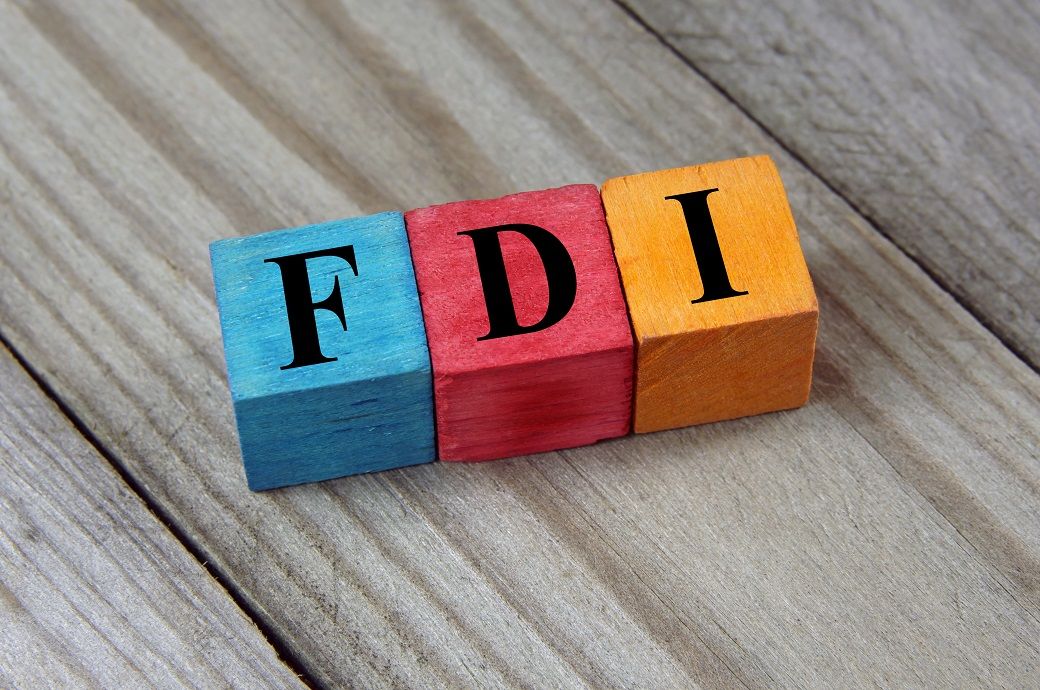Releasing the statistics in a Facebook post, Bangladesh Investment Development Authority (BIDA) Chief Executive Chowdhury Ashik Mahmud Bin Harun said the figures “demonstrate Bangladesh’s resilience and continued investor confidence despite the internal instability typically associated with mass popular movements.”
Bangladesh recorded a 19.13 percent increase in FDI a year after the July 2024 uprising, according to data compiled by the World Bank and Bangladesh Bank. This exceptional success is attributed to a combination of factors, including the sincerity displayed by key government institutions, sound economic policies, concentrated efforts in various sectors and the indomitable spirit of the private sector.
Sudan saw a 27.6 percent decline in FDI after the 2019 uprising, while Sri Lanka saw a 19.49 percent decline in 2022. Chile saw a 15.68 percent drop in FDI in 2019, Ukraine saw an 81.21 percent drop in 2014, Egypt recorded a 107.55 percent drop in 2011, and Indonesia recorded a decrease of 161.45 percent in 1998.
Harun attributed this exceptional success to a combination of factors, including the sincerity shown by key government institutions, sound economic policies, concentrated efforts in various sectors and the indomitable spirit of the private sector.
He warned people about short-term FDI trends due to the upcoming national elections, as FDI is expected to fall naturally just before the elections, according to national media.
But investment is expected to rebalance after the election, he added.
Fiber2Fashion News Desk (DS)



